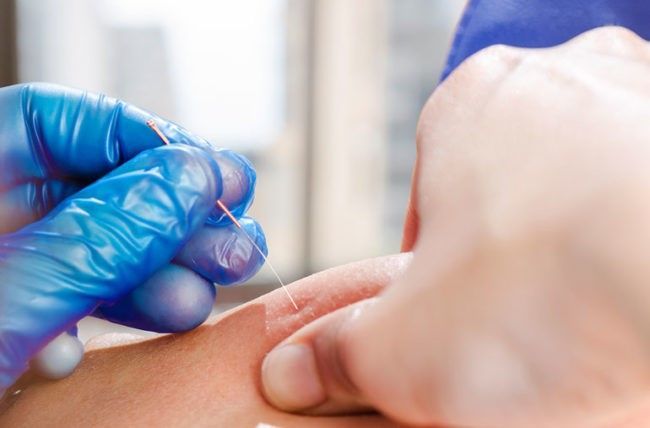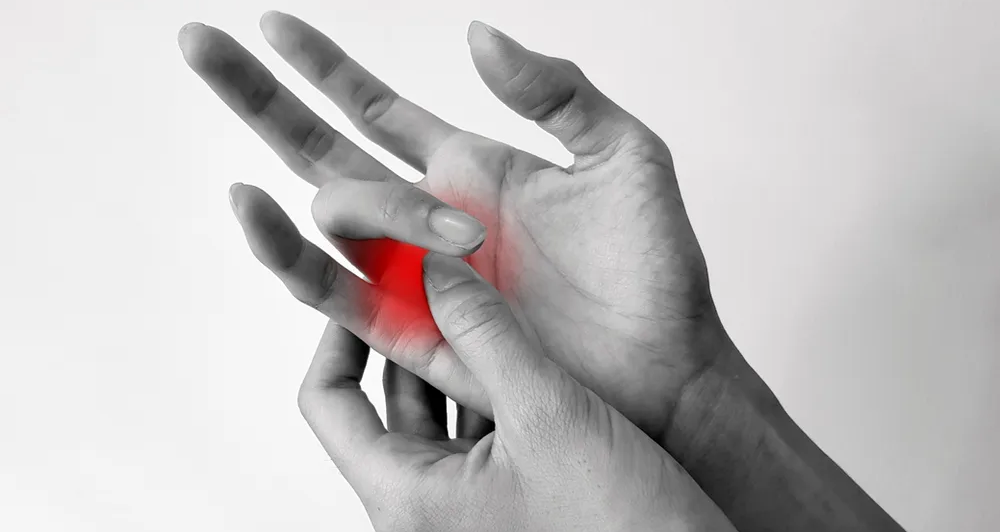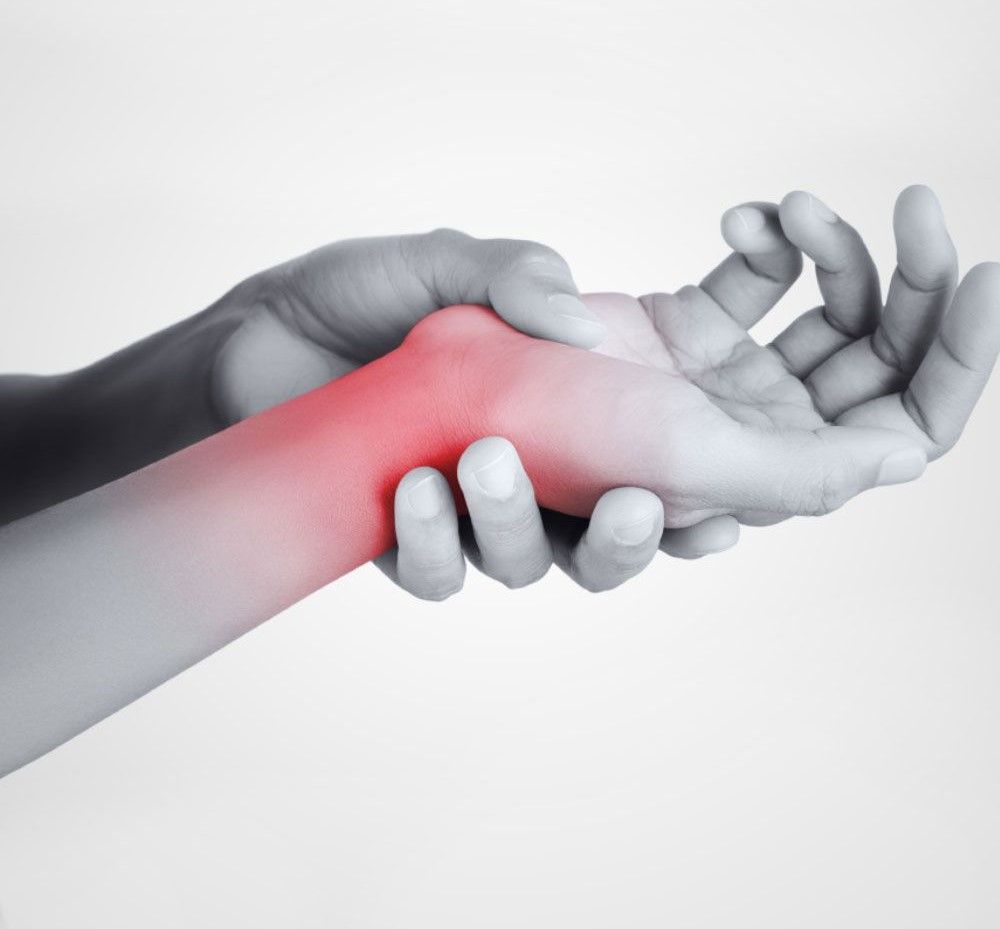Vitamin D Update
Vitamin D Update
Earlier this year I talked about the importance of Vitamin D. Recently, the UK recommendations have been updated. This may be of interest as the original guidance was similar to current Irish recommendations.
Although the current recommendations for vitamin D are based on bone health, it has been suggested that vitamin D may have a role in other health outcomes, which include reducing the risk of cancers, cardiovascular disease, infectious diseases and autoimmune diseases.
The primary source of vitamin D is via direct exposure of the skin to sunlight. Dietary sources are limited. It is found naturally in a small range of foods including oily fish, egg yolks, and also in fortified foods such as milk, breakfast cereals and infant formula. Offal meat such as liver and
kidney are a good source of Vitamin D but are not recommended for infants and pregnant women due to their high Vitamin A content.
There are various factors that can determine exposure to sunlight such as geographical location, season, time of day, and cloud cover. This is especially important in countries such as Ireland at latitude 40–60 °N and above. At such latitudes there is insufficient sunlight exposure from October to March to facilitate synthesis of vitamin D.
Deficiency in children can lead to the development of rickets which can cause permanent deformities to the bone, weaken muscles and reduced growth.
Deficiency in Adults can result in osteomalacia, a softening of the bones leading to bone pain and muscle weakness. It may also put men at increased risk of colorectal cancer and women at increased risk of developing breast cancer.
Current Irish recommendations
Due to the variability of sun exposure it is difficult to take a ‘one size fits all’ approach, however an intake of 5 micrograms per day is recommended for most of the population.
All babies living in Ireland should be given a vitamin D only supplement providing 5µg Vitamin D from birth. (FSAI Guidelines)
People aged 65 years or older and people who are not exposed to much sun should take a supplement of 10 micrograms a day
Pregnant and breastfeeding women should also take 10 micrograms of vitamin D a day.
The new UK recommendations
Everyone over the age of four should take 10 micrograms of vitamin D every day, particularly from October to March
Pregnant and breastfeeding women and at-risk groups (such as people from ethnic minority groups with dark skin, elderly people and those who wear clothing that cover most the skin) should take 10 micrograms per day all year round
Children between the age of one and four should take 10 micrograms of vitamin D supplements all year round
All babies from birth up to one year of age should take 8.5 to 10 micrograms per day (particularly those being breastfed)
Health officials in Scotland and Northern Ireland have updated their guidance in line with the new recommendations, but only for people aged over six months.
BSc (Hons) Sport and Exercise Science, MSc. ANutr.
ModernDigital - Donegal Web Design





